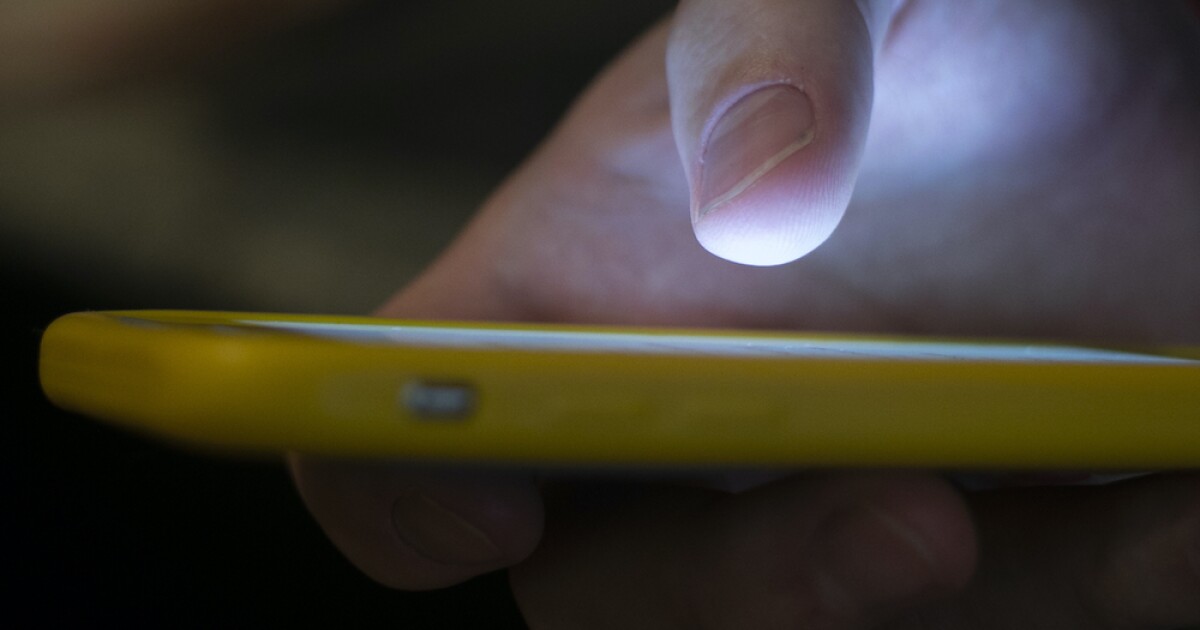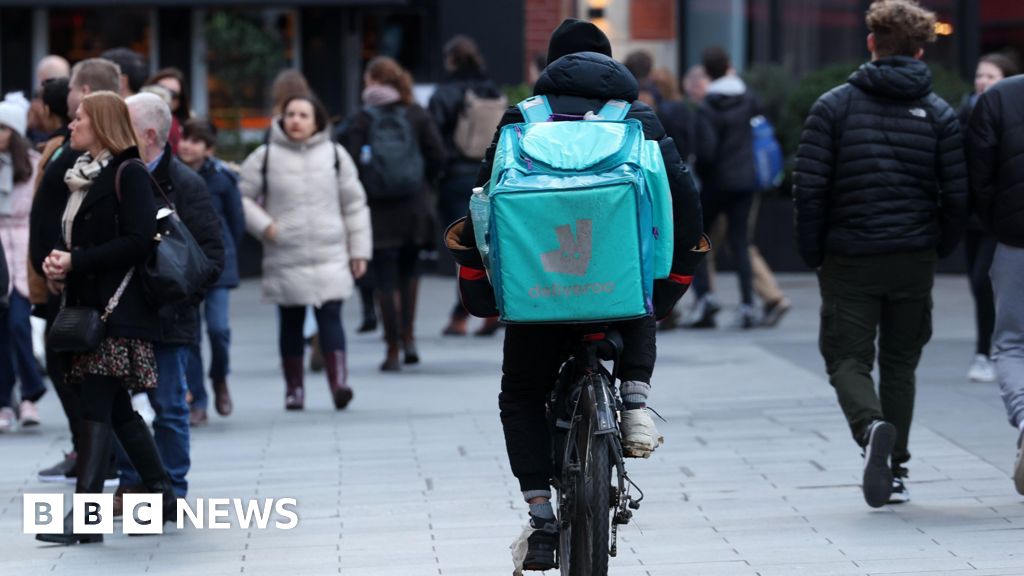
A view shows a Microsoft logo at Microsoft offices in Issy-les-Moulineaux near Paris, France, March 21, 2025. REUTERS/Gonzalo Fuentes/File Photo Purchase Licensing Rights, opens new tab
June 25 (Reuters) - Microsoft
(MSFT.O), opens new tabhas been hit with a lawsuit by a group of authors who claim the company used their books without permission to train its Megatron artificial intelligence model.
Kai Bird, Jia Tolentino, Daniel Okrent and several others alleged that Microsoft used pirated digital versions of their books to teach its AI to respond to human prompts. Their
lawsuit, opens new tab, filed in New York federal court on Tuesday, is one of several high-stakes cases brought by authors, news outlets and other copyright holders against tech companies including Meta Platforms, Anthropic and Microsoft-backed OpenAI over alleged misuse of their material in AI training.
Sign up here.
The complaint against Microsoft came a day after a California federal judge ruled that Anthropic made fair use under U.S. copyright law of authors' material to train its AI systems but may still be liable for pirating their books. It was the first U.S. decision on the legality of using copyrighted materials without permission for generative AI training.
Spokespeople for Microsoft did not immediately respond to a request for comment on the lawsuit. An attorney for the authors declined to comment.
The writers alleged in the complaint that Microsoft used a collection of nearly 200,000 pirated books to train Megatron, an algorithm that gives text responses to user prompts. The complaint said Microsoft used the pirated dataset to create a "computer model that is not only built on the work of thousands of creators and authors, but also built to generate a wide range of expression that mimics the syntax, voice, and themes of the copyrighted works on which it was trained."
Tech companies have argued that they make fair use of copyrighted material to create new, transformative content, and that being forced to pay copyright holders for their work could hamstring the burgeoning AI industry.
The authors requested a court order blocking Microsoft's infringement and statutory damages of up to $150,000 for each work that Microsoft allegedly misused.
Reporting by Blake Brittain in Washington, Editing by Alexia Garamfalvi and David Gregorio
Our Standards: The Thomson Reuters Trust Principles., opens new tab
Blake Brittain reports on intellectual property law, including patents, trademarks, copyrights and trade secrets, for Reuters Legal. He has previously written for Bloomberg Law and Thomson Reuters Practical Law and practiced as an attorney.









 English (US) ·
English (US) ·